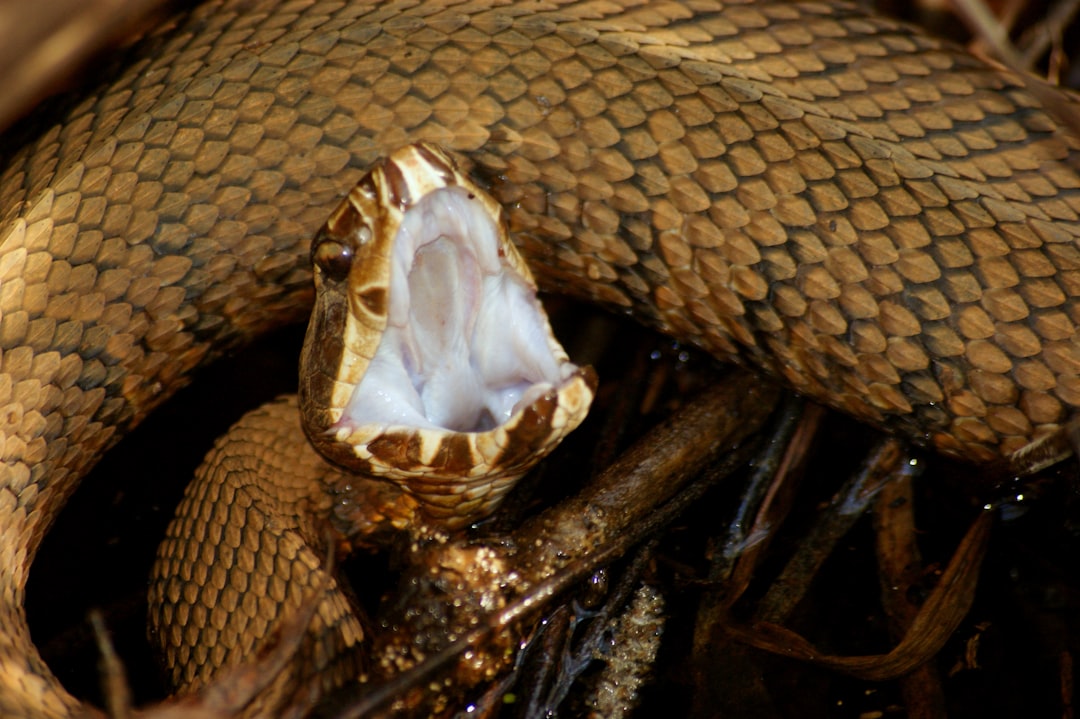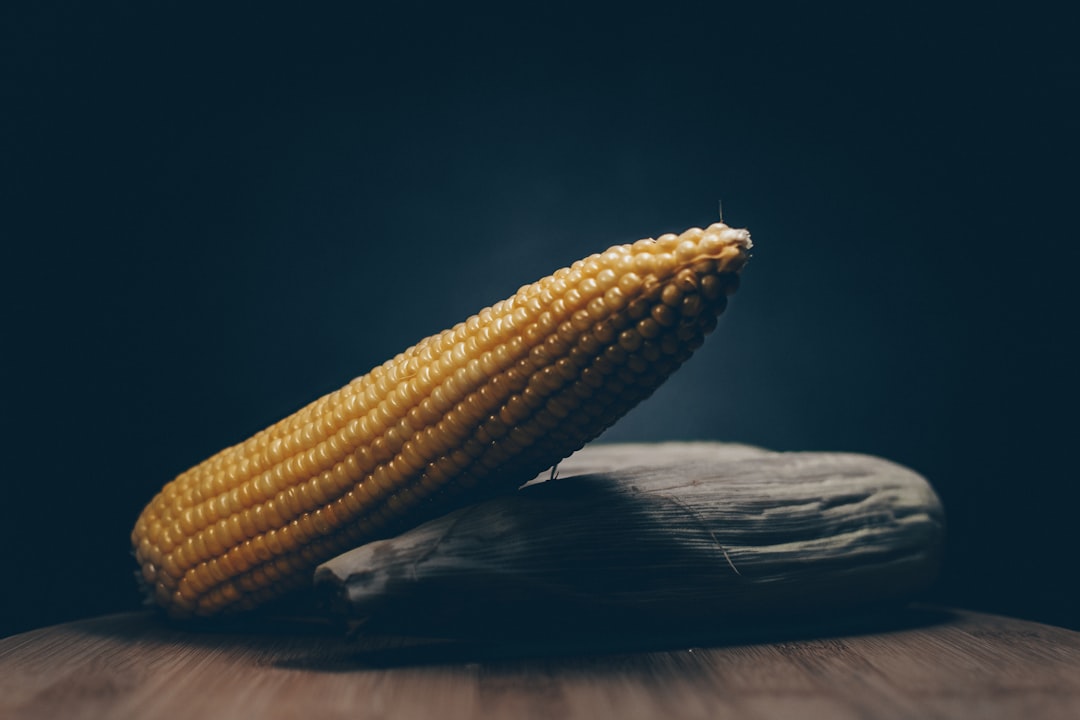What is it about?
We found that pine trees with relatively smooth surfaced bark experienced fewer attacks from bark beetles than trees with rough bark. In experiments, bark beetles had difficulty gripping smooth bark and fell from the trees. Beetles were able to grip rough bark, allowing them to remain on rougher trees indefinitely. This result is important because bark beetles need enough time to chew through a tree's bark and to produce chemicals that attract additional beetles in order to be successful.
Featured Image
Why is it important?
Bark beetles have killed billions of trees across North America and Europe in recent years. Knowing that pines with smoother bark surfaces are less likely to be killed by bark beetles allows forest managers to make better choices when cutting trees. This study also improves scientific understanding of ways in which trees defend themselves against insects. While natural chemicals in trees can reduce damage from insects, smooth bark helps trees to avoid being attacked in the first place.
Read the Original
This page is a summary of: Smooth bark surfaces can defend trees against insect attack: resurrecting a ‘slippery’ hypothesis, Functional Ecology, February 2014, Wiley,
DOI: 10.1111/1365-2435.12228.
You can read the full text:
Resources
Slippery Bark Protects Trees From Pine Beetle Infestation: CU-Boulder Study
A print story and an audio file describing the research, published in the Huffington Post, 6 January 2014.
Slippery bark protects trees from pine beetle attack, study finds
A photo showing bark textures, and a short summary of the research published by Phys Org on 23 December 2013.
Contributors
The following have contributed to this page










